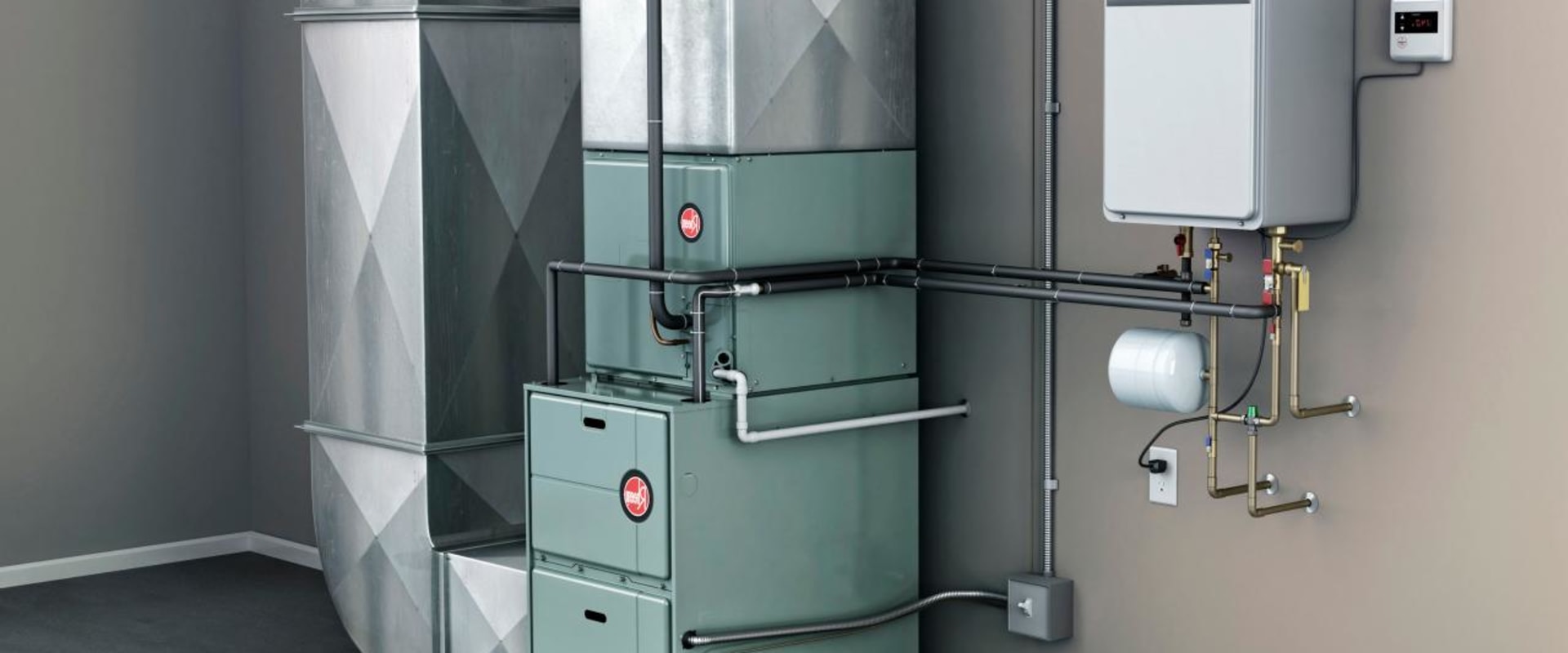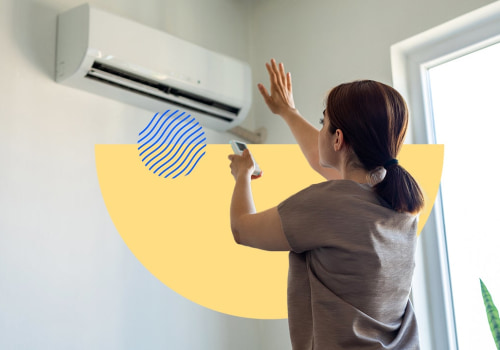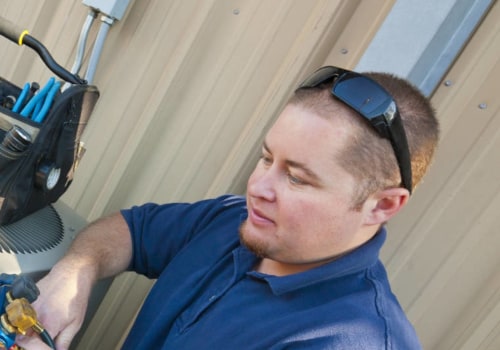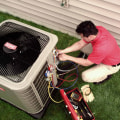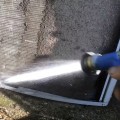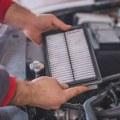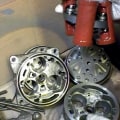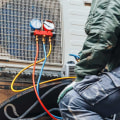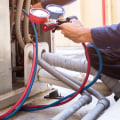Are you looking for ways to help keep your air conditioning system running smoothly and efficiently? Replacing old and inefficient air conditioners with newer models can be a great way to do just that. In this article, we'll explore the benefits of replacing outdated air conditioners and provide advice on how to do it safely and effectively. We'll also discuss the potential savings that come with investing in newer, more efficient air conditioners. From reducing energy consumption to improving air quality, replacing old and inefficient air conditioners with newer models has numerous benefits. The latest technology helps reduce energy bills, improves comfort levels, and even contributes to a healthier environment.
So, if you're looking for ways to maintain and prevent future AC issues, replacing old and inefficient air conditioners with newer models may be the answer.
Types of Air Conditioners
When it comes to choosing a new air conditioner, there are several types to choose from. These include window units, central air systems, split systems, and portable units. Window units are the most commonly used type of air conditioning system and they are installed in a window or through a wall. These units use refrigerant to cool the air inside a building and can be used to cool one room or multiple rooms.Central air systems are connected to ductwork that is installed in the walls and ceilings of the home. This type of system cools all of the rooms at once and is more energy efficient than window units. Split systems are also connected to ductwork and use two separate components, an indoor unit and an outdoor unit, to cool the home. The indoor unit usually contains an evaporator coil, while the outdoor unit contains a compressor and condenser coil.
Finally, portable air conditioners are designed to be moved from room to room. These units are ideal for spot cooling and require an exhaust hose for venting hot air outside.
Identifying an Inefficient Model
Before you decide to replace your old air conditioner with a newer model, it's important to identify whether or not your current unit is inefficient. There are a few common signs that may indicate that your air conditioner is not functioning optimally.High Energy Bills
One of the most obvious signs of an inefficient air conditioner is high energy bills. If you notice that your monthly utility bills are much higher than usual, it may be time to replace your old unit.An inefficient air conditioner can draw more power than necessary, leading to a spike in energy costs.
Inconsistent Cooling Temperatures
Another sign of an inefficient air conditioner is inconsistent cooling temperatures. If your home is not being cooled evenly and consistently, it could be a sign that your air conditioner needs to be replaced. An inefficient unit may struggle to maintain the desired temperature, leading to wide fluctuations.Frequent Repairs
Finally, frequent repairs are a good indication that it's time to replace your air conditioner. If you find yourself having to call for repairs often, it could be a sign that your current unit is too old and inefficient.Replacing your air conditioner with a newer model can help to reduce the need for costly repairs.
Choosing the Right Replacement
When choosing a replacement air conditioner, there are several factors to consider. These include the size of the unit, the type of filter it uses, the number of features it offers, and the cost. The size of the air conditioner is important, as it determines the amount of space it will take up in the room and how much energy it will use. A larger unit may be more efficient, but it will also take up more space.It is important to measure the area where you plan to install the new air conditioner to ensure that you select a unit that is the right size. The type of filter used in the air conditioner is also important. Some filters require regular cleaning and replacement, while others are self-cleaning. The type of filter you choose will depend on your budget and the amount of maintenance you are willing to do. In addition to the size and type of filter, the number of features offered by the air conditioner is also important. Look for a unit that has multiple fan speeds, a timer, or a thermostat to help you manage temperatures more effectively. Finally, consider the cost of the unit.
It is important to purchase an energy-efficient model, as this will save you money on energy costs in the long run. However, be sure to compare prices between different models to get the best deal.
